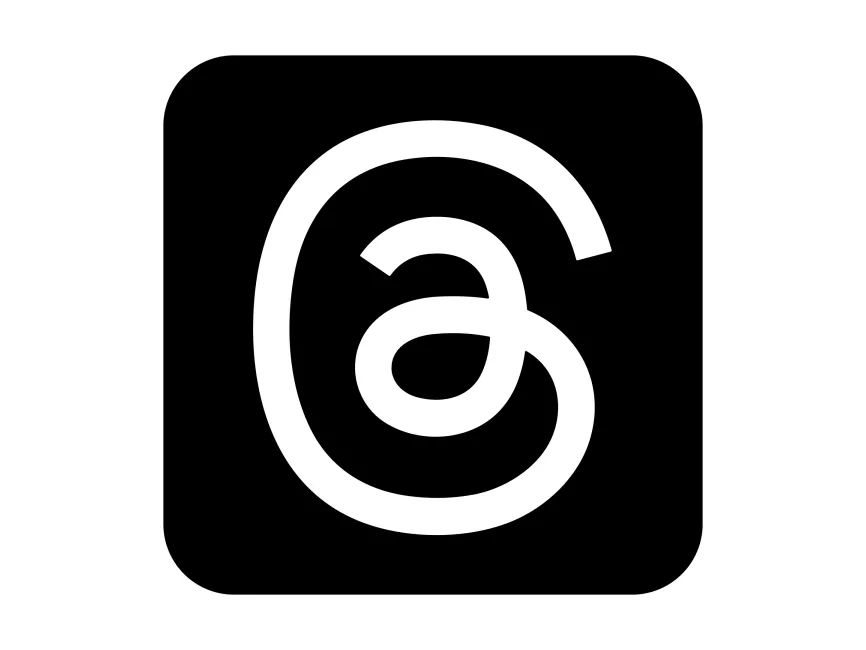Meta's Threads: An Unbaked Twitter Killer or Just Another Passing Fad?

There’s a lot of buzz about Threads, Meta’s latest answer to Twitter. Everyone is asking, will this be the “Twitter killer” we’ve all been waiting for? Like seriously, was there a single majro news outlet that didn’t have a headline like this last week?
Will Threads Kill Twitter? - New York Times
Will Threads kill Twitter? - The Week
Meta’s “Twitter killer” app Threads is here - CBS News
Can Threads Be the ‘Twitter Killer’? - Wall Street Journal
How Threads Could Kill Twitter - Wired
Welcome To ‘Threads,’ Facebook’s Twitter Killer - Forbes
Could Threads kill Twitter? (Like, for real?) - Poynter
Side note: I love the hesitance that the editor at Poynter had in writing that headline. It’s like they’re saying, “I don’t know, maybe?” 🤷🏻♂️ 🤣
I think it’s more complicated than that. I had the pleasure of discussing Threads and its impact on the social media landscape with my friend, Al Letson this Tuesday on First Coast Connect.
Twitter’s openness was its main attraction, it was powerful and ubiquitous. However, since Elon Musk’s takeover, Twitter has been systematically dismantling the very things that made it unique. The most noticeable change was the limitation on tweet visibility, making it so that you have to be signed into Twitter to get access to any tweets and capping the number of tweets you can see per day to 600. It was allegedly to cut costs for Twitter, but it came across like a temper tantrum. This caused a substantial backlash, and that’s where Threads comes in.
Threads, which wasn’t entirely ready for primetime, was fast-tracked for launch in response to Twitter’s controversy. It launched without much of the functionality one might expect from a social media app, but a lot of it has been patched up since then. However, there are still some sizable gaps, like not being able to compose a thread of posts on an app ironically called Threads.
The defining feature that sets Threads apart from Twitter is its openness. Twitter has an open API that allows the creation of bots and apps, something Musk is trying to clamp down on due to costs. Conversely, the Instagram API is notoriously very limited and requires strict approval to use, resulting in fewer bots and spam. It’s safe to assume Threads will likely follow in Instagram’s footsteps.
So, will Threads be the “Twitter killer?” My answer is no. Twitter’s future lies in Elon Musk’s hands, and any demise will be of his own doing, not due to the emergence of Threads. But Threads does provide an alternative platform for those into microblogging and for those disenchanted with the direction Twitter is heading.
As for the future of social media, I see it as a continually separated world driven by content and users. We will see people migrating to Threads from Twitter, much like a social media exodus. The dream of a unified social media platform, where all apps interact and everyone talks to each other, remains, for now, a dream. Owning a user base is too valuable, and companies are unlikely to relinquish that control.
In the end, we’ll always have a plurality of social media platforms — it’s the nature of the game. It’s a world of competition and choice, much like the competition between CNN and Fox News, or even Coke and Pepsi. With Threads, we’re just adding another choice to the mix, and it’s the users who will ultimately decide its fate.
Finally, I will leave you with this, if do you read one more deep dive on Threads, make it Alexandra Petri’s opinion piece in the Washington Post. She had the guts to say what we all were really thinking last week.